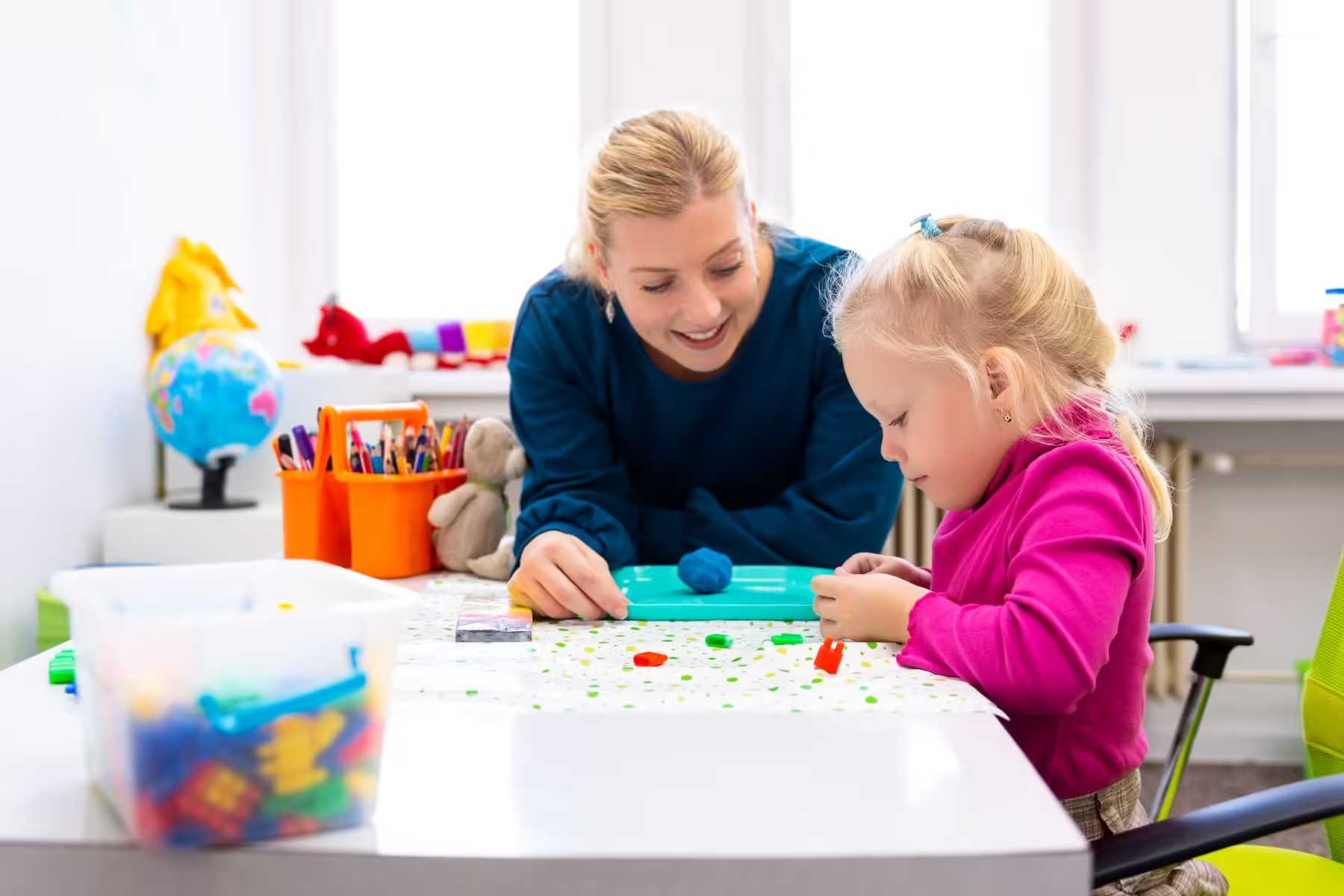
30 Sep Child Centred Play Therapy for Children with ADHD
The Role of Play Therapy in Treating ADHD in Children
Attention Deficit Hyperactivity Disorder (ADHD) is one of the most common neurodevelopmental disorders affecting children. Characterized by symptoms such as inattention, hyperactivity, and impulsivity, ADHD can significantly impact a child’s ability to function in school, at home, and in social settings. While medication and behavioural therapies are commonly used to manage ADHD, play therapy has emerged as an effective, child-centred approach to treatment. Child Centred Play Therapy (CCPT) can offer children with ADHD a non-threatening way to express their feelings, improve emotional regulation, and develop coping skills.
What is Child Centred Play Therapy (CCPT)?
CCPT is a therapeutic approach that is developmentally appropriate for children. CCPT uses play as a medium for children to communicate and process their emotions, experiences, and behaviours. Unlike traditional talk therapy, CCPT leverages the natural language of children, allowing them to express what they might not be able to articulate in words. Even the most articulate of children can express themselves more creatively when in action (i.e. play), rather than words.
Why CCPT for ADHD?
Children with ADHD often struggle with self-regulation, impulse control, and managing their emotions. In the CCPT setting, children can experiment with different ways of managing emotions within the context of play, which can then translate to real-life situations. Children love coming to CCPT sessions, which is an important first step in any therapy.
- Self-regulation of actions and emotions
Children with ADHD may struggle with regulating their actions and emotions. CCPT allows them to practice regulating their behaviour, thoughts and feelings. Importantly, CCPT is extremely effective in helping children become more self-aware of their thoughts and feelings. This is a critical first step in self-regulation which allows children to have the opportunity to make a choice about their behaviour.
- Building self-esteem
Children with ADHD typically face daily and unremitting challenges in academic and social settings, impacting their self-esteem. CCPT helps them develop a true sense of themselves so that they can accept and themselves and grow a solid sense of the person they are.
Conclusion
CCPT is a valuable tool in the treatment of ADHD in children. For many children with ADHD, CCPT can be a crucial component of a comprehensive treatment plan, leading to improved outcomes both in the short term and throughout their lives.
If you would like to have a conversation further on how to navigate this, please contact us at Prosper Health Collective for further information on 6381 0071.
